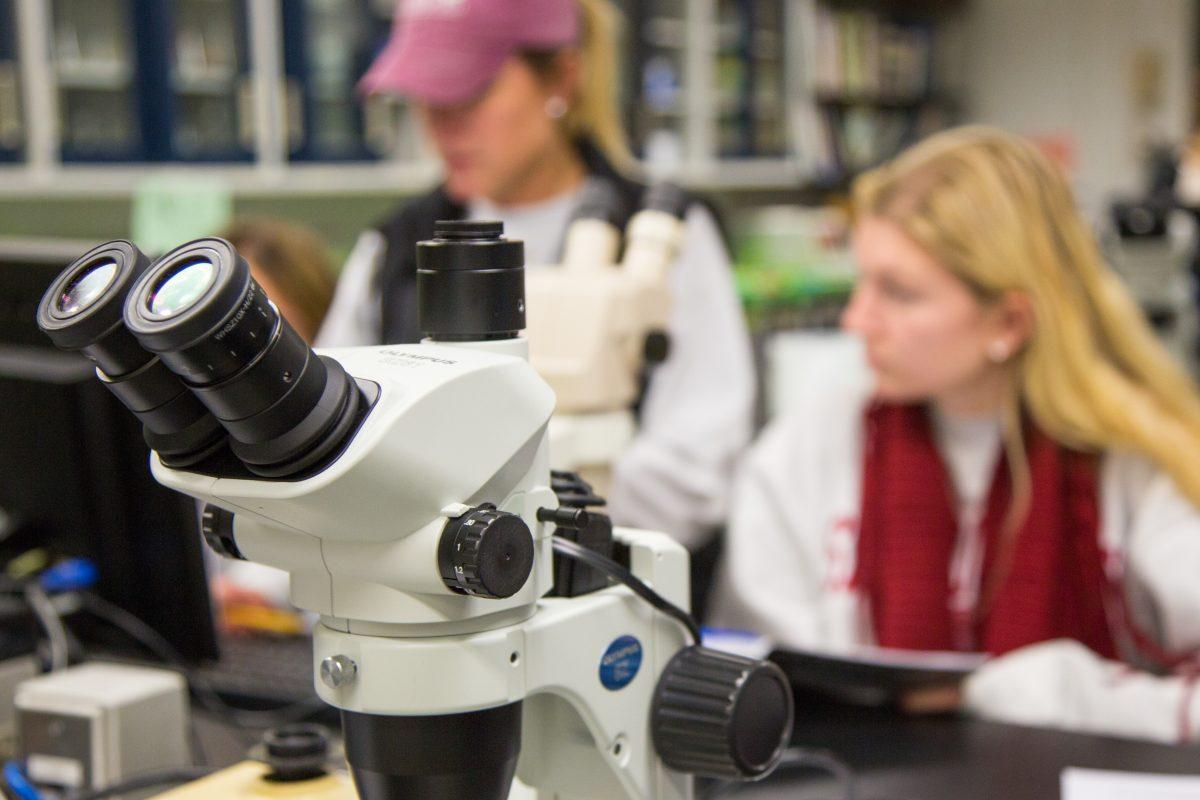The future of gene editing
Imagine living in a world with no hereditary diseases. Doesn’t that sound like the opening line of a science fiction film trailer? Well, just like many other things that once seemed like a distant fantasy, it’s now headed towards our reality.
As reported by the Washington Post in 2015, a recent breakthrough of a genome editing tool called Clustered Regularly Interspaced Short Palindromic Repeats (CRISPR), controlling the genetic makeup of human beings just got a whole lot easier. This tool has the potential to, and likely will, change the course of humanity forever. “CRISPR “spacer” sequences are transcribed into short RNA sequences (“CRISPR RNAs” or “crNA”) capable of guiding the system to matching sequences of DNA. When the target DNA is found, Cas 9 – one of the enzymes produced by the CRISPR system – bind to the DNA and cuts it, shutting the targeted gene off,” as explained by the Broad Institute. By editing active cells in a person’s DNA, CRISPR has the ability to rid a person of hereditary disease. This tool is something that went from being expensive and time consuming to cheap and accessible all around the world. In 2016, the US National Institute of Health approved the use of CRISPR for humans in a trial for cancer therapy, according to nature, a weekly science journal. Upon this news being revealed, it is easy to jump to conclusions about all of the benefits this medical advancement offers. Of course it seems like a good idea to rid the world of health issues if possible, but at what cost?
When new technology is revealed, it always presents itself as a win-win situation. However, history has taught us that it is not quite so simple, and with the normalization of advancements like these come a very real danger. First of all, scientists do not know the effects that editing the DNA of a person could have on future generations. Once something is in someone’s DNA, it is capable of being passed down to future generations. That being said, it is not hard to imagine a family deciding to use CRISPR in the future to prevent their child from obtaining a hereditary disease common to their bloodline. This is something that could prove to be very beneficial to health in our country but should not be done without proper precautions being taken, even if it means slowing the momentum of CRISPR for more than a generation.
Let’s now assume that CRISPR has proven itself to be impeccable over the next 100 years. Hereditary diseases have been wiped off the planet, mental health is soaring, and parents are able to successfully and safely alter the genetic makeup of their children. It wouldn’t make much sense to stop after that. As always, for better or worse, curiosity will get the best of us and it won’t be too long before there is serious abuse of this tool. A government could use it to ensure obedience from its’ citizens. This could be pushed to a point where we end up living on a planet with people who all look the same, talk the same, and don’t have a sliver of an idea of what it means to be an individual. Of course, the evil this presents won’t be visible right away. It takes generations for something so foreign to be trusted by people everywhere. Maybe it is something where people decide to take the bad with the good. No matter the direction that CRISPR advancements take us to, we can be sure that once regularly implemented, humankind will be beyond the point of return in a defining moment of our evolution.







































